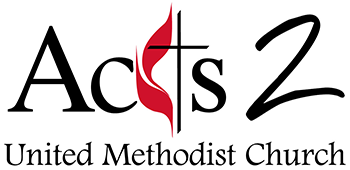When we read the Gospel of Mark, we encounter Jesus in all of his power, and through that encounter, he invites us to live in a new kind of reality--the Kingdom of God.
Most of us avoid suffering when we have the choice, but Jesus actually chose to serve and to suffer for our sake. In doing so, he showed us what true greatness really looks like.
Jesus invites us to follow him. And while it’s simple, it’s not easy. To follow Jesus is to find ourselves face to face with the needs of the world and the evils of the world. Yet he also not only promises that he’ll always be with us, but that he’ll send us with companions on the journey as well.
Jesus’ life is good news for the world, and in the Gospel of Mark, we learn what that good news means for our everyday lives. In this series, we’ll explore how we can experience his good news for ourselves and be part of his mission to share it with the world.
If Jesus had an iPhone, how might he use it? By looking at his life and teaching, we can learn he would have us do with our technology so that we can be fully present, attentive, and loving to God and the people around us.
As technology progresses, it’s getting harder and harder to know what’s real and what’s generated by a computer. But Jesus teaches us that discerning the truth is enormously important because, as he said, the truth will set us free.
Since the beginning of time and by the third page of the Bible, humanity has struggled with the relationship between God, knowledge, control, and temptation. When we get it wrong, the results are catastrophic.
The downsides of social media are never far away. . . our teens are constantly confronted with images of people who somehow seem prettier, richer, more fashionable, and more popular. Social media takes the normal anxieties of teenage life and hypercharges them.
How do we relate to God and one another in this digital age? We hope you will join us this week as we look for God’s answer together to the real problem of being “Alone Together.”
Technology enables us to do amazing things. Yet despite these advances, our well-being is diminishing by many measures. Too often, heavy device use leaves us feeling less human when we’re done. Jesus, however, came to give us abundant life, and he shows us how we can begin to reclaim our humanity: putting relationships before technology.

